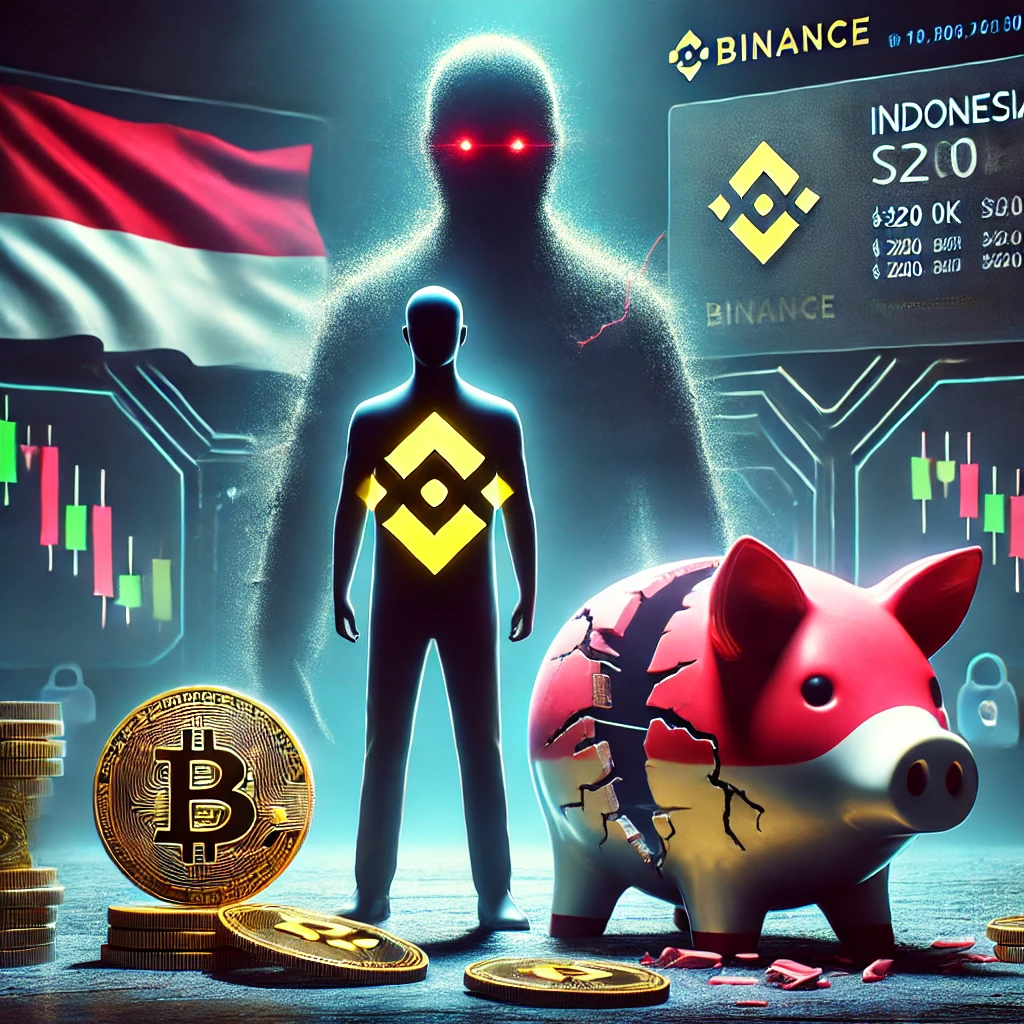
Nigeria has earned a nod from the International Monetary Fund (IMF). This recognition is for its progressive stance on cryptocurrency adoption. However, this comes even as the country’s Securities and Exchange Commission (SEC) enforces stricter regulations.
The IMF’s recent report proposes a strategic framework to revitalize Nigeria’s economy. It recommends licensing global cryptocurrency exchanges to transform the nation into a cryptocurrency hub for Africa.
IMF proposal advocates licensing and regulatory measures
The IMF’s report emphasizes the importance of licensing international cryptocurrency exchanges in Nigeria. It suggests that these exchanges be integrated into the country’s financial system. By enforcing anti-money laundering (AML) and counter-financing of terrorism (CFT) measures, these exchanges would adhere to the same regulatory standards as traditional financial institutions.
This proposal emphasizes that effective regulations can bring transparency to the cryptocurrency sector and protect the nation’s economic interests. Licensing these platforms will help ensure crypto exchanges maintain high regulatory standards, providing Nigerian investors and consumers with a secure and efficient financial environment.
Cryptocurrency’s growing role in Nigeria’s financial ecosystem
The IMF recognizes the growing impact of cryptocurrencies on Nigeria’s economic landscape, especially in cross-border transactions. The surge in crypto transactions has created significant discrepancies in Nigeria’s balance of payments, evidenced by substantial negative net error and omissions (NEO) figures.
Licensing global cryptocurrency exchanges would address these discrepancies, improve the country’s appeal to foreign investors, and stabilize its financial markets. Furthermore, it would significantly benefit remittance mechanisms, an essential factor given the large Nigerian diaspora worldwide.
The IMF’s proposal positions the adoption of cryptocurrency as a potential solution to Nigeria’s macroeconomic challenges, including inflation and currency instability. Licensed crypto exchanges can strengthen remittances and facilitate cross-border transactions by providing a regulated and stable platform.
Contrasting Views: IMF Endorsement vs. SEC Regulations
Despite the IMF’s encouragement, Nigeria’s Securities and Exchange Commission (SEC) has adopted a stricter stance on cryptocurrency trading. Recent SEC regulations aim to prevent peer-to-peer cryptocurrency exchanges from using Nigeria’s national currency, the naira. This action represents a clear regulatory tension between the IMF’s progressive vision for crypto adoption and the SEC’s cautionary measures.
The SEC seeks to shield the country from risks linked to unregulated digital asset transactions. However, the IMF believes that proper licensing and regulation of these exchanges will promote economic growth. The global financial institution highlights that such a strategy could help Nigeria maintain its balance of payments and create a secure and transparent financial environment.
With economic instability and rising inflation, Nigeria is at a crossroads between fostering cryptocurrency innovation and ensuring comprehensive regulation. The path chosen could significantly impact the nation’s financial landscape and global perception.
Discover more from The African Crypto
Subscribe to get the latest posts sent to your email.








